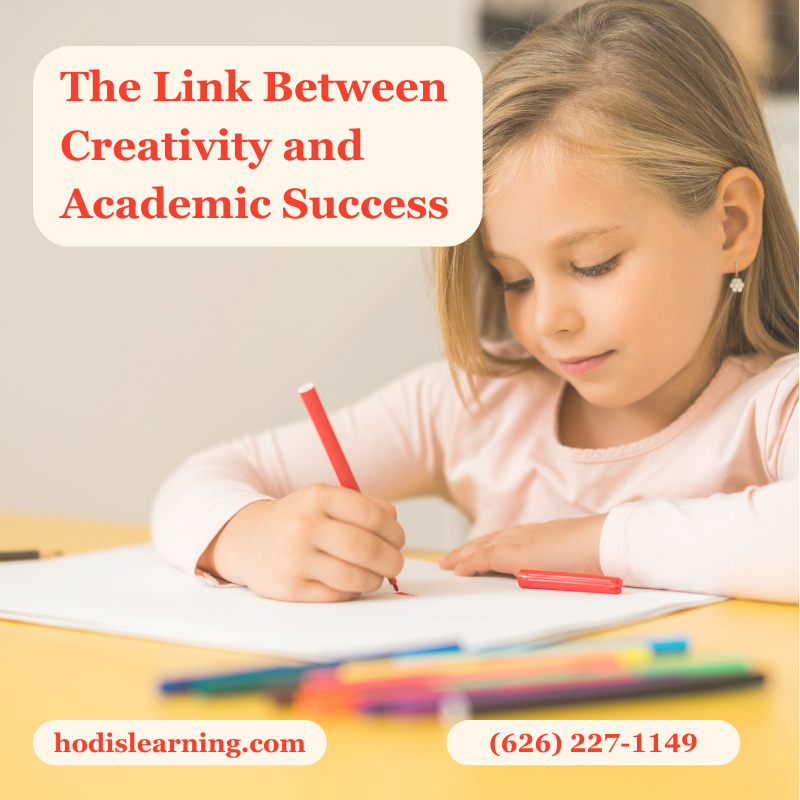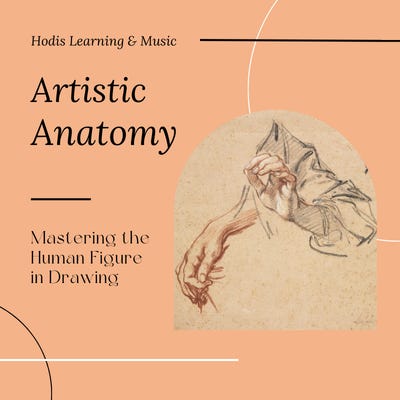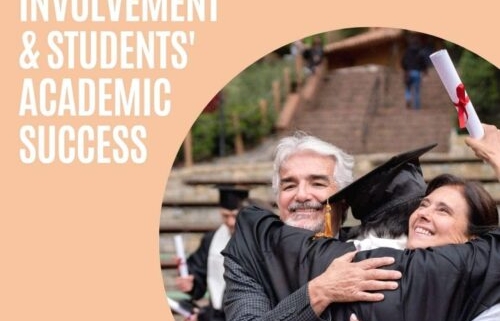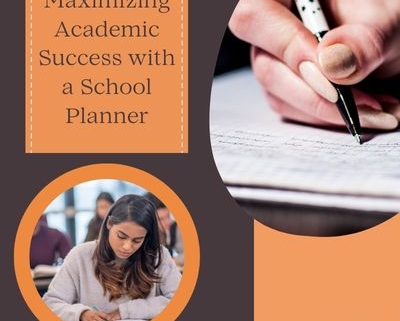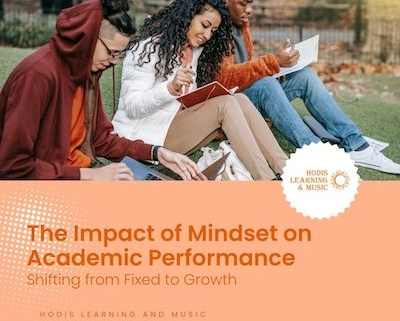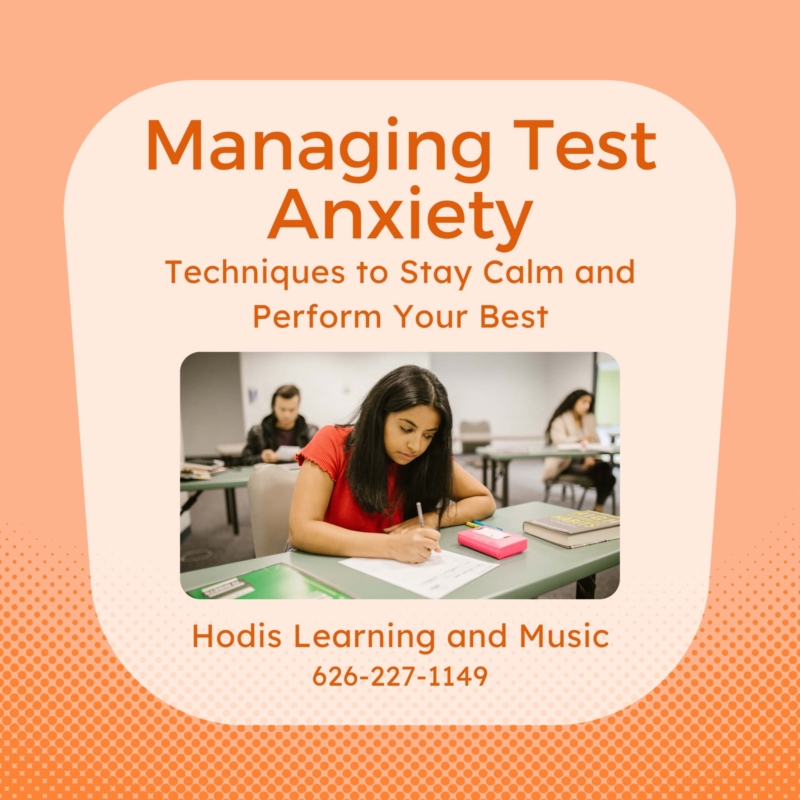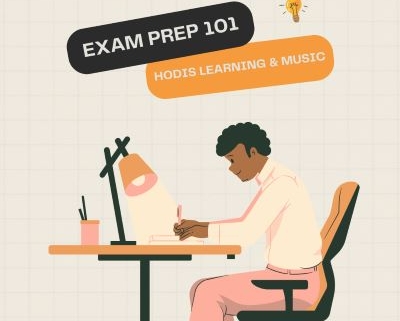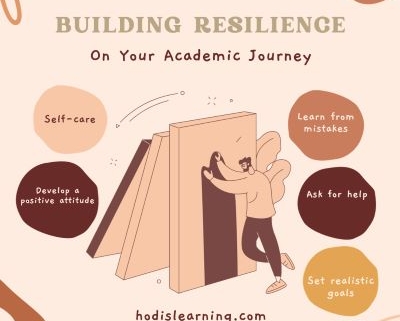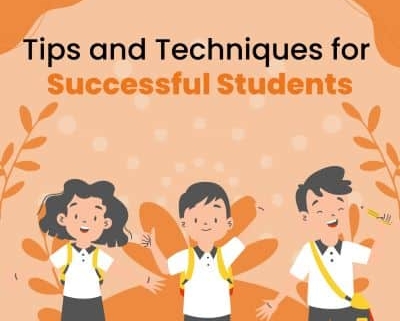The move from middle school to high school is a major milestone for students that comes with new academic expectations, social dynamics, and responsibilities. At Hodis Learning and Music, we know how important this transition is, and we’re here to help students and families navigate it with confidence and clarity.
1. Understand the Changes Ahead
High school introduces a wider range of classes, more demanding coursework, and the beginning of GPA tracking for college admissions. This is all happening while students are exploring their identities and interests. It’s a lot to juggle, especially during the first year. Parents can help by talking openly about what’s new and normalizing the adjustment period.
2. Build Organizational and Study Habits Early
Academic success in high school depends on organization, time management, and independent study skills. Encourage your student to use a planner, calendar app, or homework tracker. Breaking large assignments into smaller steps and setting weekly goals can prevent last-minute stress.
At Hodis Learning & Music, our tutors help students develop custom strategies for managing their workload and studying more effectively, which are skills they’ll use throughout high school and beyond.
3. Balance Independence With Support
High school is a time when students begin taking more ownership of their learning. While they still need guidance, it’s important to encourage self-advocacy. Encourage them to reach out to teachers, manage their schedules, and solve problems on their own. These are crucial skills that students need to develop before going to college and into the professional world.
4. Encourage Healthy Routines
A healthy routine supports both academic and emotional resilience. Make sure your child is getting enough sleep, eating well, and moving their body. Taking breaks from screens is also important for student health. Extracurriculars, especially creative or team-based ones, can offer important outlets for stress relief and social bonding.
5. Get Extra Support When Needed
No one should have to navigate this transition alone, and it’s important to let your new high school student know they can always ask for help. Whether your child is struggling with a specific subject, feeling overwhelmed by the workload, or just needs a boost in confidence, tutoring can provide personalized support at just the right time.
Moving Forward With Confidence
The transition from middle to high school can feel like a big leap, but it’s also an exciting time! High school is a pivotal time and provides an opportunity for growth, discovery, and self-development.
Want to help your student start high school strong? Call Or email us today to learn more about our personalized tutoring programs and how we support students through every stage of their academic journey.


